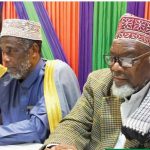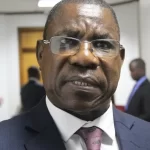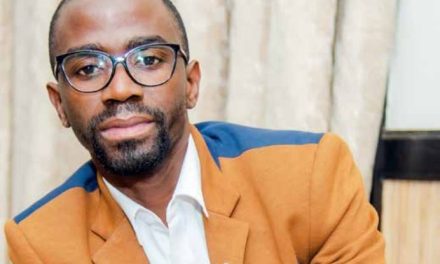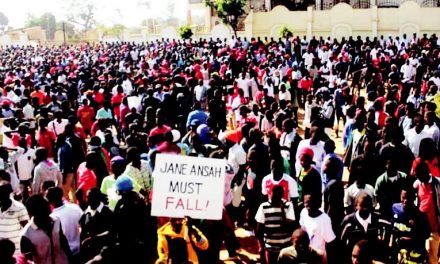
Government Not Serious – on Issa Njauju Murderers

On 2 July 2015 which corresponded to the fasting Month of Ramadan, Issa Njauju left his office at the Anti-Corruption Bureau (ACB) heading home in order to break his fast with his family. Unfortunately he never reached his home. His body was discovered two days later behind Presidential Villas in Lilongwe. Revelations from the Post-mortem suggested that Njauju’s body had bullet wounds on the neck and stomach. His official vehicle was later found burnt along Ntandire Road within Lilongwe city.
Ever since the day his body was discovered, the DPP government has not shown any interest at all in seriously investigating the murder. What Malawians are told is that cases of this nature take time.
Malawians have many questions which are not answered because from the first day when the incident was reported, his burnt vehicle was found unattended to, and that Police never secured the wreckage or to conduct any investigation at all at the crime scene. These are among some questions which need to be answered by Police authority.
Njauju was not an ordinary human being, in addition to that, at the time he was murdered, Njauju was a very senior member of staff within the ranks of Anti Corruption Bureau (ACB) but to Malawian’s surprise , this does not seem to concern the Malawi Government at all.
In order to portray that the Police are doing something regarding the case of Njauju , there have been two separate un confirmed reports alleging the arrest and release of two individuals.
Frank John was arrested after being found in possession of Njauju’s mobile phone and Mr Naphiyo a criminal investigation police officer was also arrested after he allegedly claimed to know individuals who killed Njauju’s. Malawians are meant to believe such Police stories the way they were meant to believe the lies of Police on Robert Chasowa’s murder despite the commission of enquiry revelation that Chasowa was murdered.
The President, Peter Mutharika, was even quizzed about it by J. Reed Kramer, chief executive officer of All Africa Global Media, at the Council on Foreign Relations when he visited the United States last year. He provided no concrete answer during the whole interview.
With respect to Mr. Njauju, the number-three man in the Anti-Corruption Bureau, it’s a very strange case. Very complicated, because it looked like the killing was , very clever and very professional. So we’re working on that. There are some leads. We think that there will be a breakthrough. These words have not been followed by action just like the words of National Police Public Relations Officer (PRO), Nicholas Gondwa, who says Njauju’s murder remains complicated.
Another worrying factor is that one year down the line, despite the Malawi Civil society Organisations and the Malawi donor community asking government to expedite the investigations and bring those involved to book , these calls have fallen into the deaf ear of Malawi government,
As if the above is not enough, Investigations reveal that to date, the Police has so far not filed any case with the Malawi court related to Mr Njauju .
Not surprisingly enough , as Government has shown no interest in the case , the Malawi Human Rights Commission whose Commissioners are endorsed by Head of State has followed suit by not constituting the commission of enquiry which at least would have provided a lead to those that might have committed the murder or might have had a hand in the murder. This again has left Malawians worrying of how selective the body can be in protecting the rights of Malawians who are equal before the law.






























